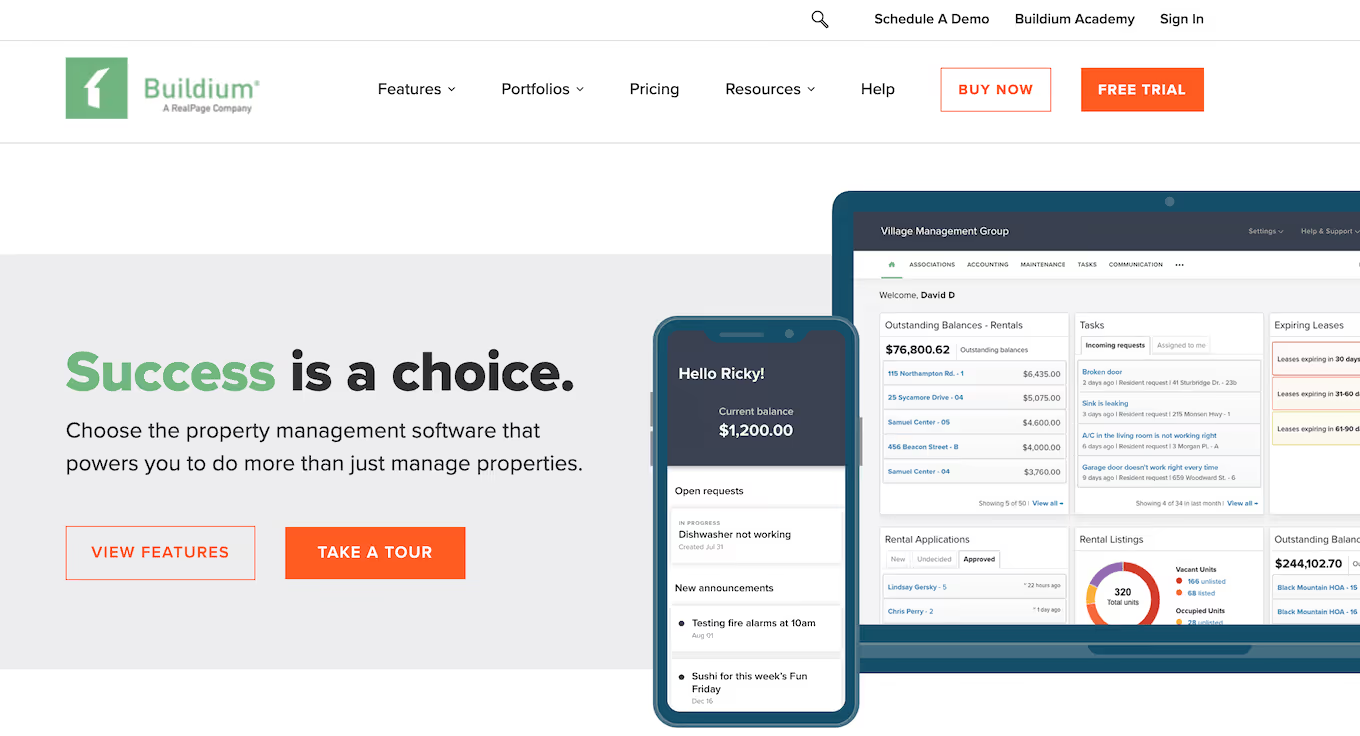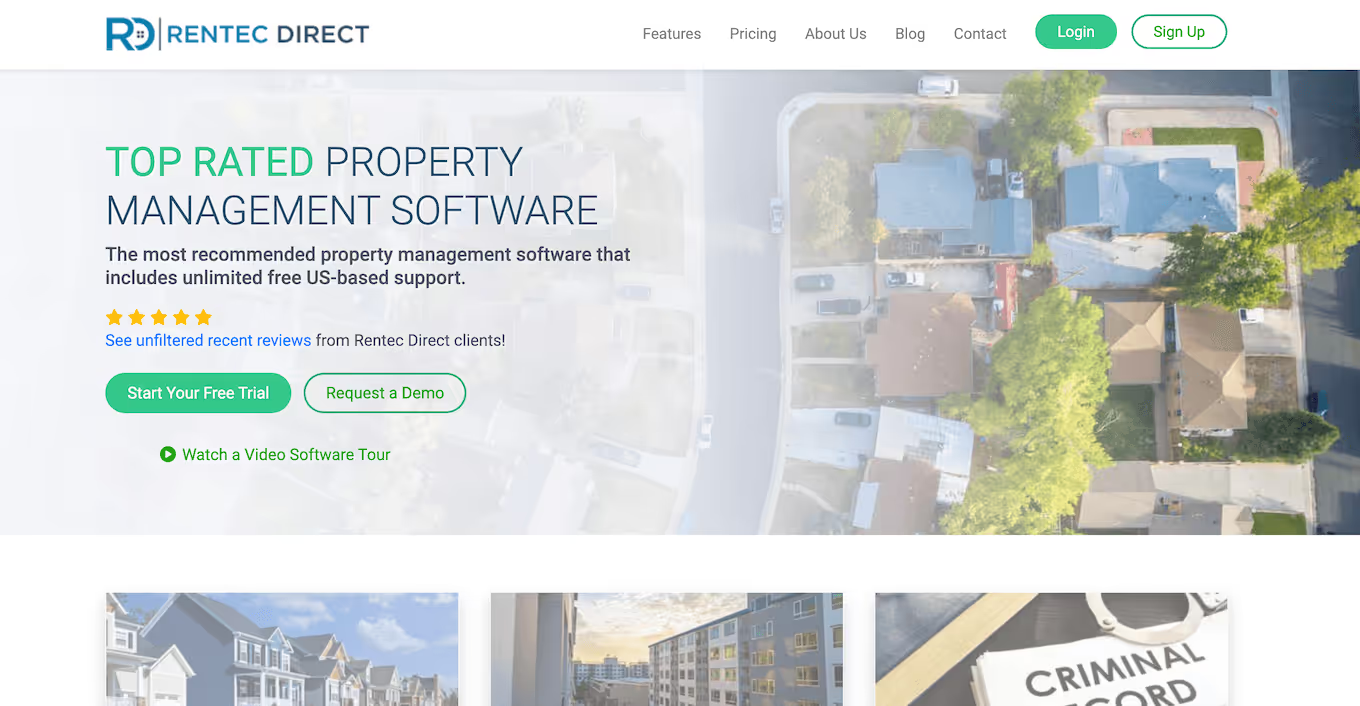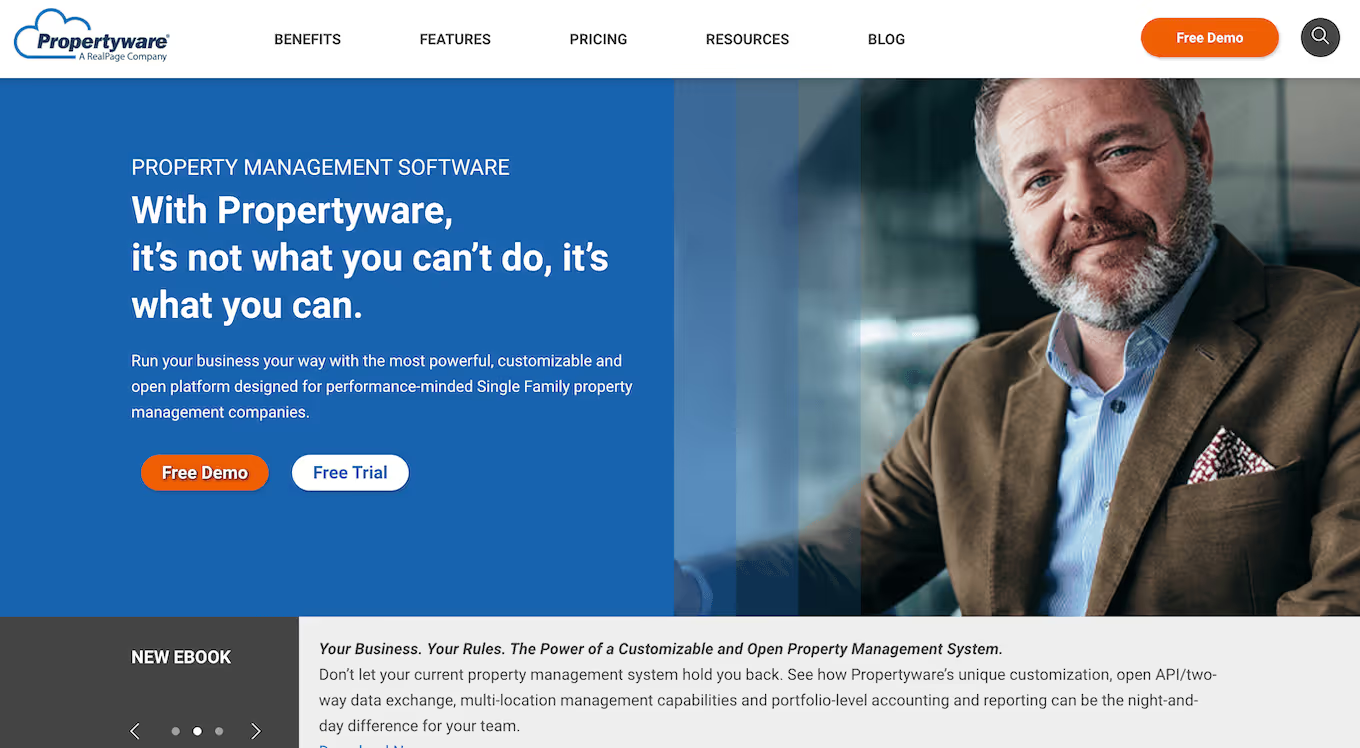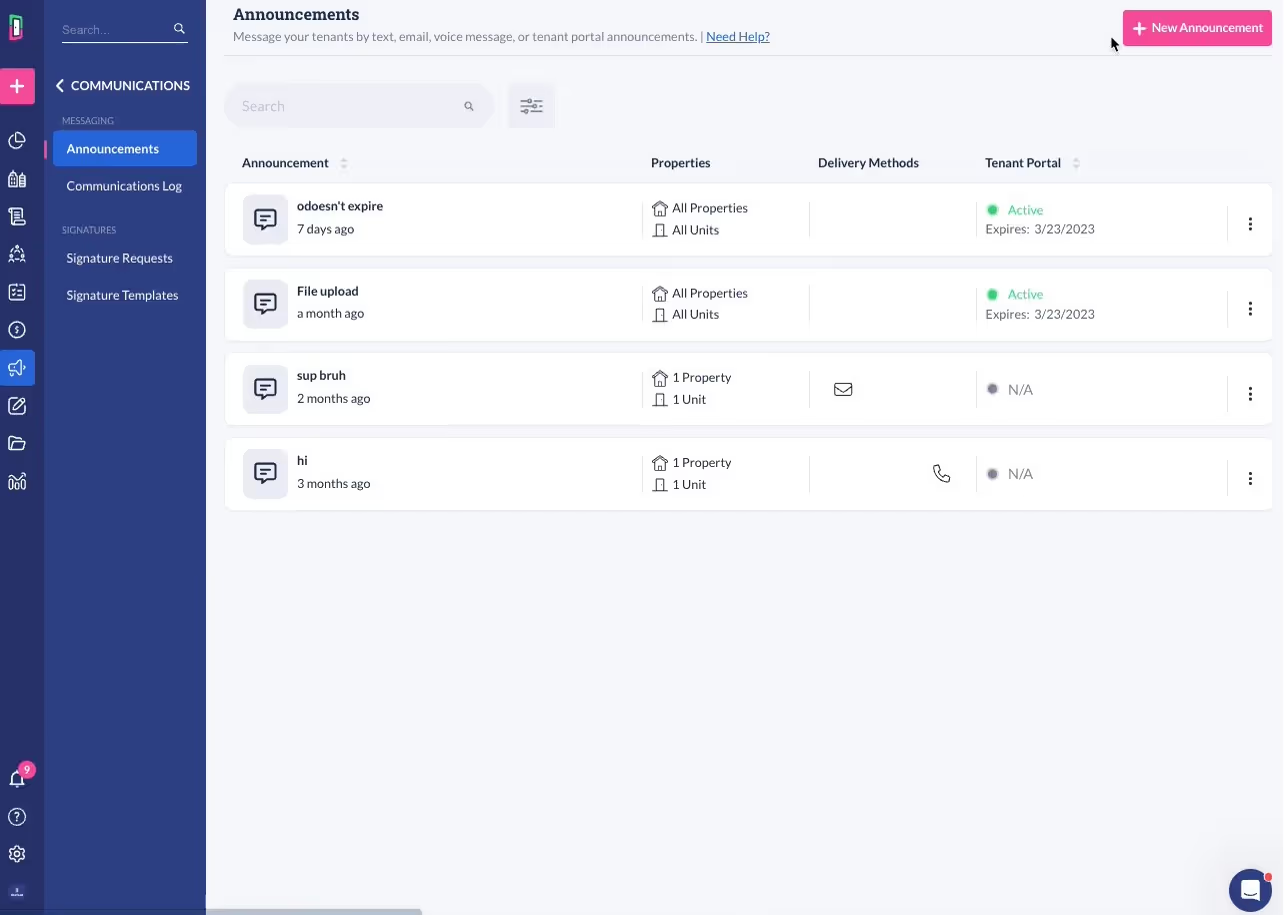In the incredibly competitive industry of rental property management, staying on top of your prospects is critical for keeping your business successful and profitable.
Most units take an average of 30-45 days to fill a vacancy, and the cost of even having a vacancy can exceed the month’s rent for the same unit.
With this in mind, it’s easy to see why tracking rental property prospects is one of the most important things to do.
We’re going to take a look at some of the leading software tools for tracking your rental property prospects, and how they each compare.
Then, we’ll go over some general tips and best practices for using whatever property maintenance management tool you end up choosing.
The benefits of using software tools for property maintenance management
The job of property management is incredibly complex, and that complexity only grows with the number of tenants or rental units that the property manager is tasked with.
Utilizing software tools or property maintenance management platforms is becoming more and more popular among busy property managers and property management companies.
These tools and platforms allow property managers a great deal of automation and centralization. With these automation and centralization features, property maintenance management tools have a wide range of benefits, including:
- Saving massive amounts of time by streamlining the general process of property management in many ways.
- Improve the communication between property management team members, as well as between the property management company and tenants and vendors.
- Reducing the risk of missed opportunities.
- Provide valuable insights for more informed, data-driven decision-making.
Comparing 3 popular property maintenance management tools
There are dozens of popular software tools that can help property manager streamline their duties and track rental property prospects, but we’re only going to get into the top 4 here.
Let’s dig into the first 3, then we’ll look at the fourth, and how it sets itself apart from the competition.
1. Buildium

Buildium is a cloud-based property management software tool that was designed for property managers and landlords alike. It has a wide range of features, including:
- Tenant and lease tracking - Buildium allows you to manage individual tenant information, leases, and even renewals with relative ease, helping you streamline much of the documentation process.
- Online rent collection - This feature lets tenants pay their rent online, not only simplifying rent collection, but minimizing late payments, and providing an incredibly convenient payment option for tenants that want to avoid the usual cash or check payments.
- Financial reporting - The ability to generate detailed financial reports can help you analyze various aspects of your property’s performance, resulting in more data-driven decisions.
For a more in-depth look, check out our full review of Buildium.
2. Rentec Direct

Rentec Direct is another cloud-based software tool for property management that caters to landlords and property managers. It provides a range of features like:
- Tenant screening - Rentec Direct has integrated tenant screening services, which can help you make more informed decisions when selecting tenants for your rental properties.
- Online rent payments - Just like Buildium, Rentec Direct facilitates online rent payments, often eliminating the need for manual rent collection, ensuring more timely payments, and helping reduce the need for manual rent follow-ups.
- Accounting and financial reporting - Rentec Direct also includes built-in accounting tools and reporting, making it relatively easy to monitor and track your property’s performance and get actionable insights for more effective decision making.
Rentec Direct is a great overall property management tool, but it lacks both a dedicated CRM and the capability to track rental prospects.
While it has some valuable features, including built-in tenant screening, lacking the ability to track prospects hurts it significantly overall.
3. Propertyware

Propertyware is a property management software that is tailored for single-family and low-density rental units. Some of the key features of Propertyware include:
- Separate tenant and owner portals - Propertyware offers distinct user-friendly portals for both tenants and owners, which allows easy access to crucial documentation and helps foster better communication.
- Online rent collection - Like Buildium and Rentec Direct, Propertyware offers online rent payments and collection, which means less manual work for property managers. It also helps tenants pay on time with more ease and offers them more variety for payments.
- Reporting and analytics - The ability to generate custom reports and analyze your property’s performance with powerful reporting tools mean you’ll be able to make much more effective decisions that are backed by hard data and historical trends.
How Doorloop simplifies property maintenance management
Doorloop is an all-in-one property management software with complete CRM that has been specifically designed to provide property managers with a way to optimize their tracking of rental property prospects.
With a long list of benefits and comprehensive features, combined with a powerful but incredibly easy-to-use interface, Doorloop is able to simplify following up with potential tenants.
Not only that, you can sign the lease digitally and continue to manage that tenant after they sign in myriad ways.
Features include:
Centralized prospect data
Doorloop’s CRM system lets you store and organize all points of prospective tenant data in one centralized place.
This means you can instantly access contact details, communication history, and other critical data, ensuring you always have what you need at your fingertips.
Automated follow-up tasks
One of the most crucial aspects of tracking rental property prospects is following up.
Staying on top of follow-ups with automated tasks and reminders helps ensure that you never miss an opportunity to gain a tenant.
Not only does it save time for you, but it helps you cultivate tenant relationships from day one.
Detailed reporting
Generate detailed reports of prospects for your rental properties based on prospect activity, enabling you to spot trends and make more effective decisions for your property management business.
Centralized communication tools

With Doorloop, you can easily communicate with all prospects through various channels, including phone calls, emails, and texts.
This puts you in the best position to reach your prospects and increases the chances of converting them to tenants.
Plus, it makes it ultra simple to keep track of all your communications.
Make tracking your prospective and tenants easier with DoorLoop
Being able to easily and effectively track your prospective tenants and keeping your units filled is critical for maintaining a thriving rental portfolio.
By leveraging the power of DoorLoop, you’ll be able to streamline the process, simplify communications, and optimize overall decision-making.
Doorloop’s all-in-one property management software provides a comprehensive solution that can be easily tailored to your property management needs.
Try a free demo of DoorLoop today.
FAQ
Q: How do I find tenant leads?
A: Finding tenant leads can be challenging. Some of the most popular methods include advertising on listing websites, leveraging social media, networking with other local real estate professionals, offering tenant referral incentives, and hosting open houses or virtual tours to showcase available properties.
Q: Is Zillow good for leads?
A: In general, Zillow can be a beneficial platform for generating leads. It’s highly visible and has a massive user base, it has comprehensive search filters, easy integration with other listing sites, and optional premium features to enhance listings or boost visibility.
Q: How do you follow up on leads in real estate?
A: Following up on leads in real estate generally involves maintaining regular communication with potential buyers and tenants.
To be maximally effective at following up, be sure you respond promptly, personalize or individualize your communication to the lead’s needs, provide relevant information, schedule showings or tours at the lead’s convenience, and make follow-up emails or calls to check on the lead’s decision-making process.
































.svg)
.svg)

